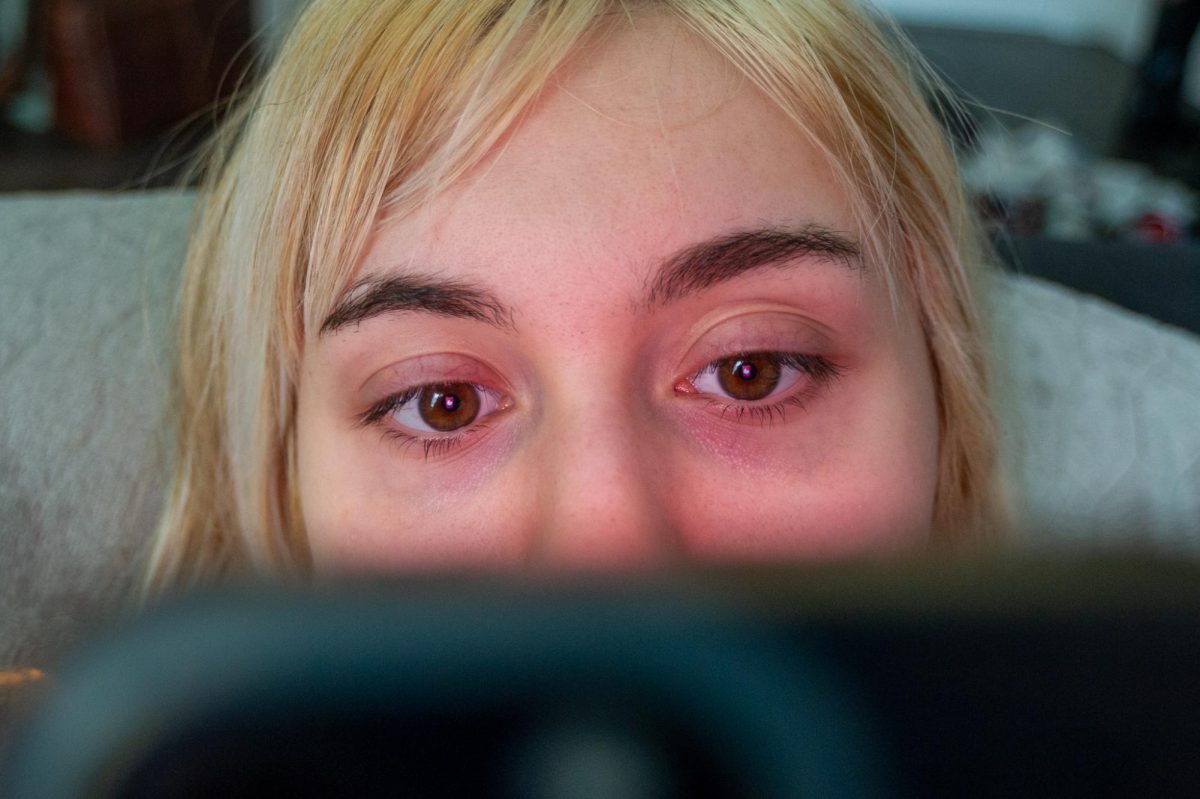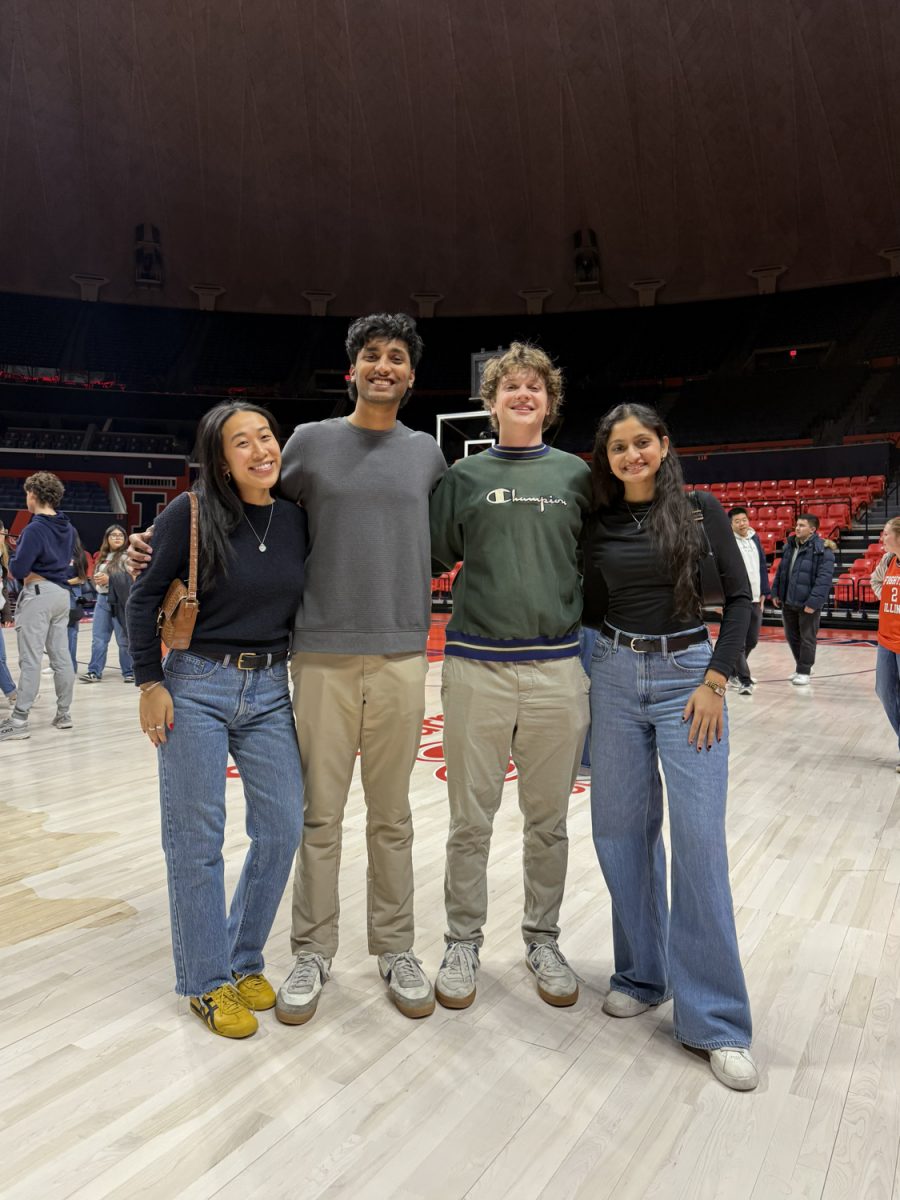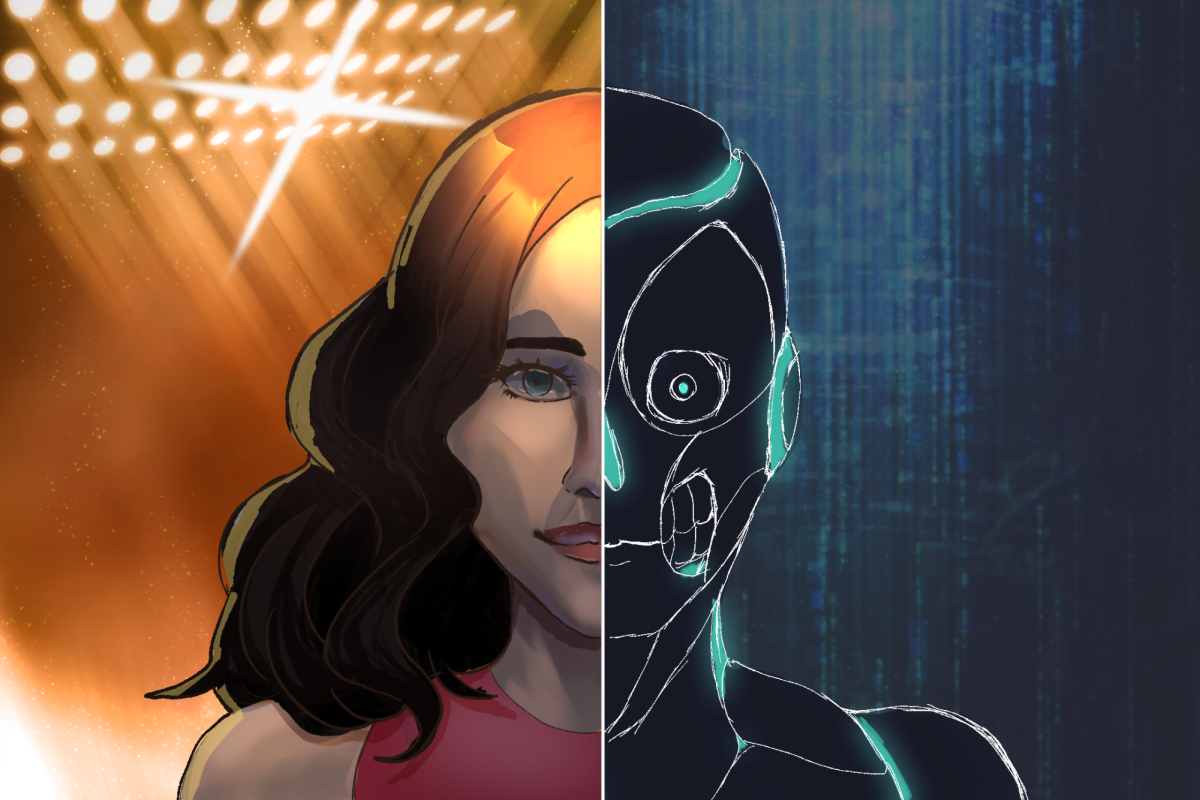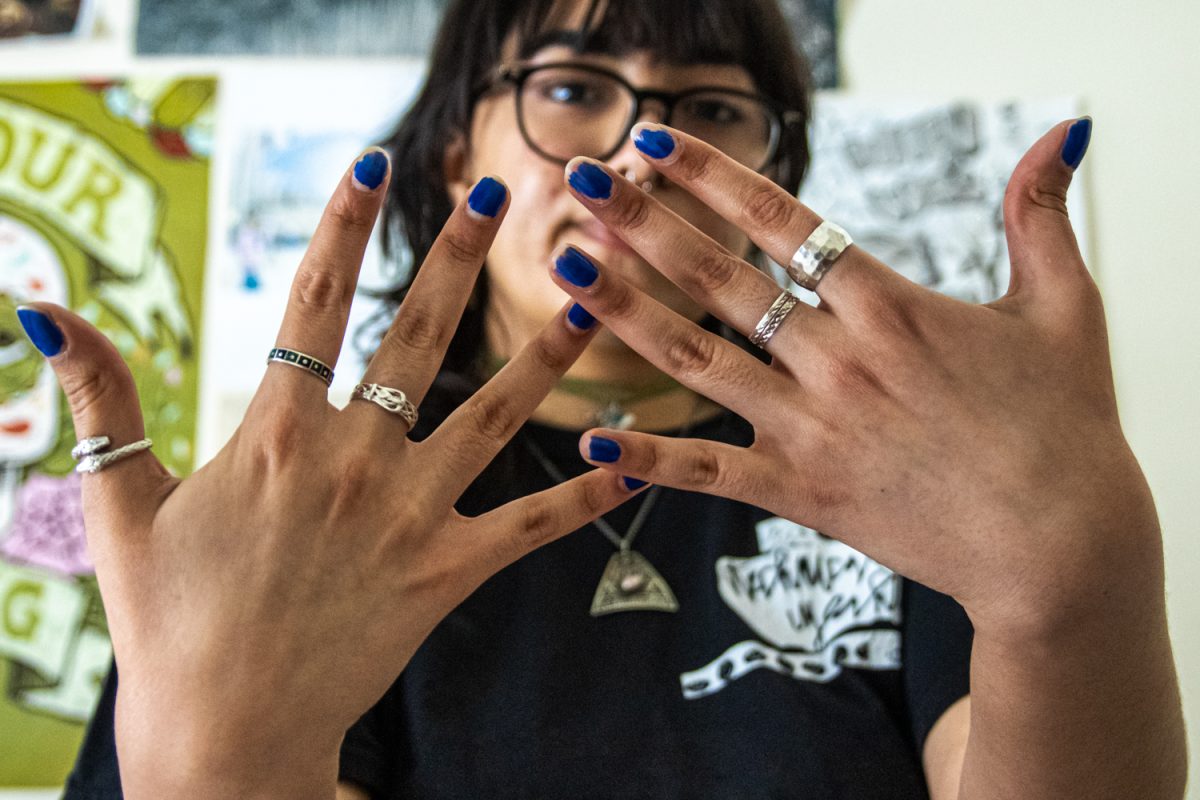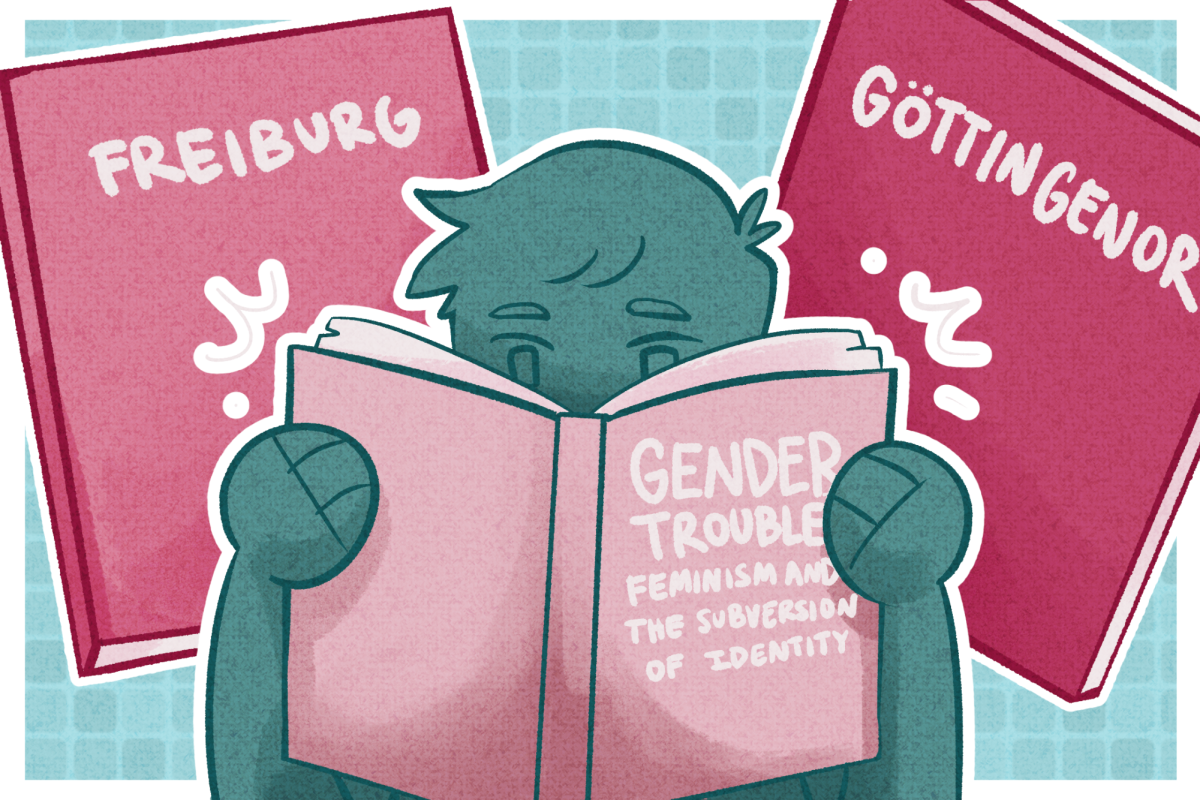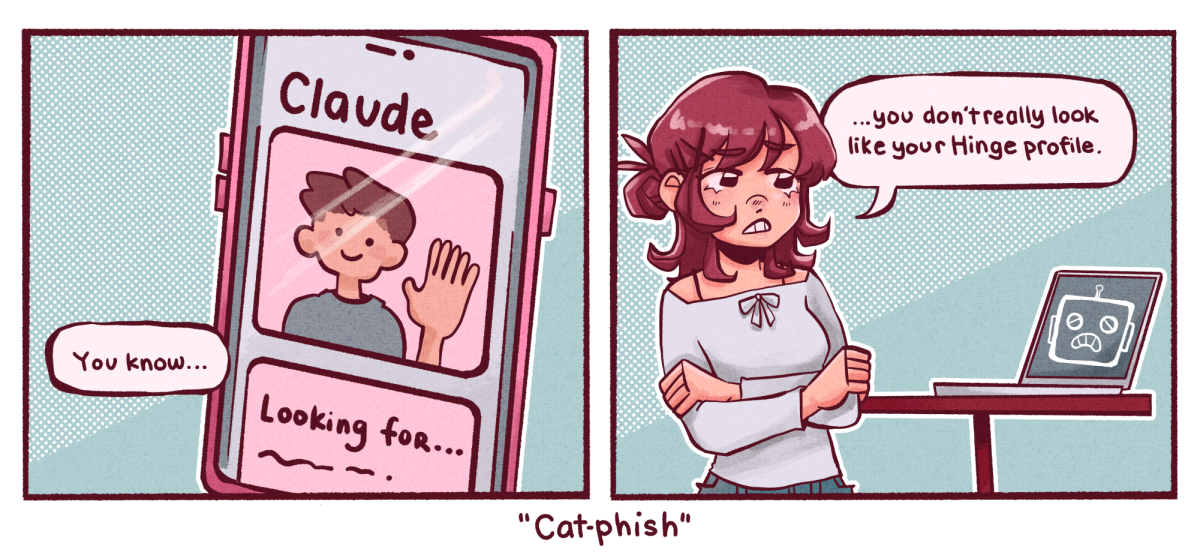In the past, Friday nights were all about first dates — getting ready in your cutest outfits, doing your makeup and hair and hoping the date would lead to the potential love of your life.
But more recently, Friday nights are for gathering with your friends, endlessly swiping profiles and checking for matches that never seem to lead anywhere.
With situationships, hookup culture and never-ending talking stages, what is the point of dating apps? Is it a way to form meaningful connections or just another form of fun and experimentation?
Two widely-used dating apps among college students are Tinder and Hinge. Tinder, launched in 2012, encourages people to swipe right or left to like or dislike profiles. Hinge, on the other hand, allows users to like individuals based on a lengthy profile that includes written prompts, voice notes and pictures.
Kaylie Tribble, senior in LAS, has used both Hinge and Tinder — not necessarily to date but more as entertainment. She saw the apps as a joke and something to play around with alongside friends without taking them too seriously.
Get The Daily Illini in your inbox!
Similarly, Josie Liu, junior in Media, got both Tinder and Hinge three years ago because “Why the hell not?”
“I wouldn’t go on the dating apps looking for an actual serious relationship,” Liu said. “I just kind of play hot or not or smash or pass. I would definitely say it’s fun as long as you don’t take them too seriously.”
According to Liu, the main difference between the two dating apps is that Tinder is used mainly for hookups, while Hinge can be used to find more meaningful connections.
“I have met some people who I’m genuinely friends with now, and I feel like the conversations you have on Hinge are a lot more genuine just because it’s much more limited to how many you can like versus Tinder … People are s—s on Tinder,” Liu said.
If you’re looking for a meaningful connection on dating apps, both Tinder and Hinge offer options to share and view others’ dating intentions, whether for something fun, a short-term fling or a long-term relationship.
Cora Dittmar, sophomore in ACES, has had Tinder off and on for the past year. She said that when looking for a potential match, other than looking at dating intentions, there are specific profiles she avoids entirely.
“Avoid the frat dudes,” Dittmar said. “If there’s a frat picture in their profile and they’re not like drop-dead gorgeous, I’m like, ‘No thanks.’”
While lasting connections can be hard to find online, Liu said she understands why people resort to the apps rather than meeting people in a more traditional setting.
“I definitely think that meeting people in a more traditional setting is preferred,” Liu said. “It’s nicer, and it seems more natural. However, it’s … just really hard to do that — to find those spaces (where people are) comfortable meeting people and talking to them outside of a classroom setting.”
Though it may be easier to meet and talk to people online, dating apps don’t fully replicate real-life interactions, and there are some drawbacks of meeting someone on apps without knowing how they act in person.
“People just speak differently on text versus in real life,” Tribble said. “You may think that you’re going to have a great conversation because you guys have so much in common and you talk so well on text, but then you get in real life and … it’s kind of weird, the vibes are off.”
Transferring the chemistry from online to in-person can be difficult — and often, it doesn’t even get that far. Great conversations one day can lead to silence the next, and somebody you think you clicked with you’ll never hear from again.
“It’s just easier to ghost people online,” Tribble said. “I think it can definitely hurt, especially if someone is already afraid of rejection; it can hurt them even more. But I think, to a certain point, you can get numb to it.”
Tribble doesn’t see this numbness as a good thing — instead, it’s one of the reasons she believes dating apps often disconnect people and make it harder to form serious relationships.
Sharing a similar perspective, Dittmar also said dating apps hurt people who want to form meaningful relationships.
“The way it’s set up, it’s not really built to foster long-term relationships or meaningful relationships; it’s more of like guys who just want one thing,” Dittmar said.
Though dating apps have a bad reputation, Liu believes they are a normal part of modern dating. However, the stigma surrounding them leads people to view them as a last resort.
“I think people kind of look down on it,” Liu said. “No one wants to have those apps. No one wants to meet their partner on a dating app … I feel like nobody wants to talk about it, but everyone’s on it, so where’s the correlation? Get over your embarrassment; it’s fine.”



